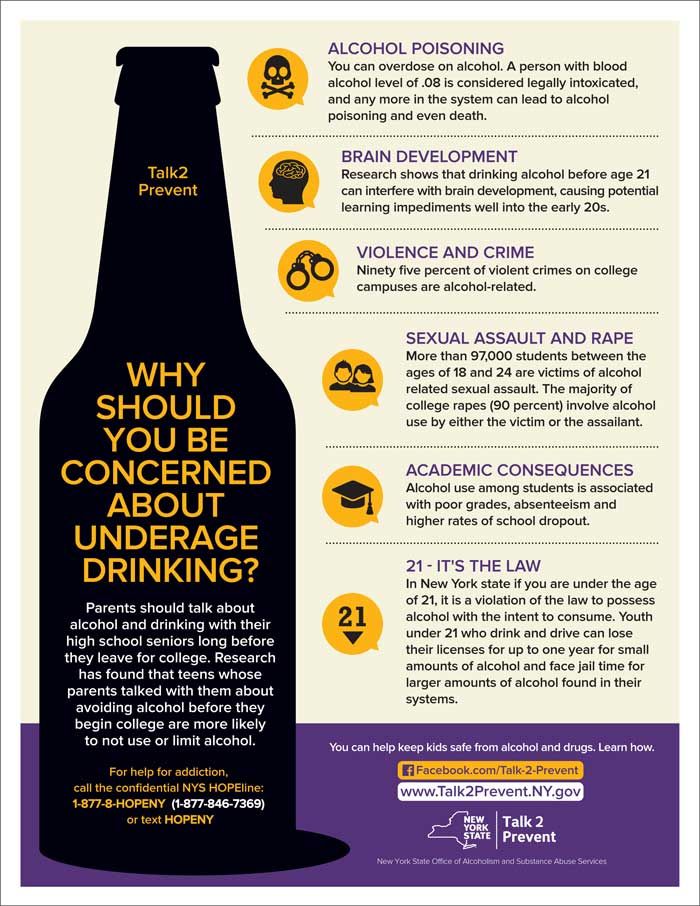Unlocking the secrets of alcohol tolerance: Discover the magic number of beers to achieve the perfect level of intoxication.

Image courtesy of Anete Lusina via Pexels
Table of Contents
Have you ever wondered how many beers it takes to get drunk? It’s a question that many people ponder, especially when they’re out for a night of drinking. The answer, of course, is not a straightforward one. There are a variety of factors that can influence how much alcohol someone can consume before feeling intoxicated, including individual tolerance levels, metabolism, and even what they’ve eaten that day. In this blog post, we’ll delve deep into the science behind alcohol intoxication to better understand just how many beers it might take to get drunk.
Understanding Alcohol Metabolism
Alcohol metabolism is a complex process that takes place in the liver. When you consume alcohol, enzymes in the liver break it down into acetaldehyde and then into acetate, which is eventually converted into carbon dioxide and water. This process helps to eliminate alcohol from the body, but it can take time – often longer than people realize. Factors such as the amount of alcohol consumed, the type of alcohol, and individual variations in liver enzymes can all play a role in how quickly alcohol is metabolized.
Individual Tolerance Levels
One of the key factors that determines how many beers it takes to get drunk is an individual’s tolerance level. Tolerance refers to the body’s ability to handle alcohol, and it can vary widely from person to person. Factors that can influence tolerance include genetics, age, gender, body weight, and overall health. Some people may have a higher tolerance for alcohol due to genetic factors, while others may have a lower tolerance due to liver damage or other health conditions.
Factors Influencing Intoxication
There are a variety of factors that can influence how quickly someone becomes intoxicated after drinking alcohol. One of the most well-known factors is how much you’ve eaten before drinking. Drinking on an empty stomach can lead to quicker intoxication, as there is nothing in the stomach to slow down the absorption of alcohol. Additionally, different types of alcohol can have varying effects on intoxication, with some drinks containing higher alcohol content than others.

Image courtesy of thewrightinitiative.com via Google Images
Tips for Drinking Responsibly
While it can be interesting to explore how many beers it might take to get drunk, it’s important to always drink responsibly. Knowing your limits and being aware of the signs of intoxication can help you avoid overconsumption. If you choose to drink, make sure to pace yourself, alternate between alcoholic and non-alcoholic beverages, and never drink and drive. Staying safe and making smart decisions while consuming alcohol is always the best approach.
So, how many beers does it take to get drunk? The answer is not a simple one, as it can vary greatly depending on individual factors and circumstances. By understanding the science behind alcohol metabolism, individual tolerance levels, and various factors influencing intoxication, you can gain a better grasp of how alcohol affects the body. Remember, always drink responsibly and know your limits to ensure a safe and enjoyable drinking experience.
FAQs
How do genetics influence alcohol tolerance?
Genetics can play a significant role in determining an individual’s alcohol tolerance. Certain genetic variations can affect how enzymes in the liver metabolize alcohol, leading to differences in how quickly or slowly someone feels the effects of alcohol.
Is it true that drinking on an empty stomach leads to faster intoxication?
Yes, drinking on an empty stomach can accelerate the absorption of alcohol into the bloodstream, leading to faster intoxication. Food in the stomach can slow down the rate at which alcohol is absorbed, helping to moderate its effects.
Can body weight impact alcohol tolerance?
Yes, body weight can influence alcohol tolerance. Typically, individuals with a higher body weight may require more alcohol to feel intoxicated compared to those with lower body weight. This is because alcohol is distributed throughout the body based on total body water content.
What are some signs of alcohol intoxication to watch out for?
Signs of alcohol intoxication can include slurred speech, impaired coordination, impaired judgment, and slowed reaction times. It’s important to recognize these signs and know your limits to prevent overconsumption and potential negative consequences. Drinking responsibly is key to a safe and enjoyable drinking experience.
Generated by Texta.ai Blog Automation
Leave a Reply